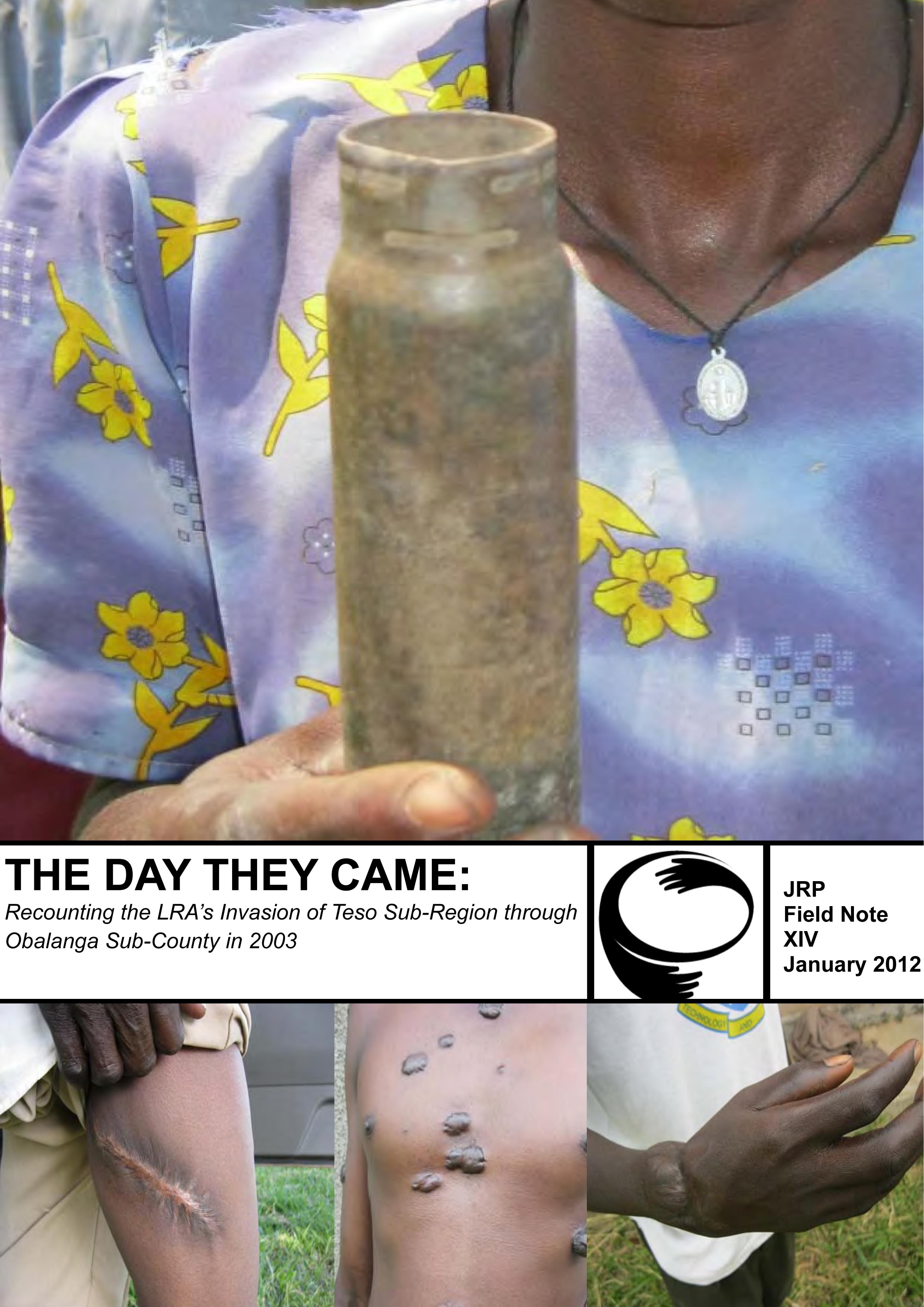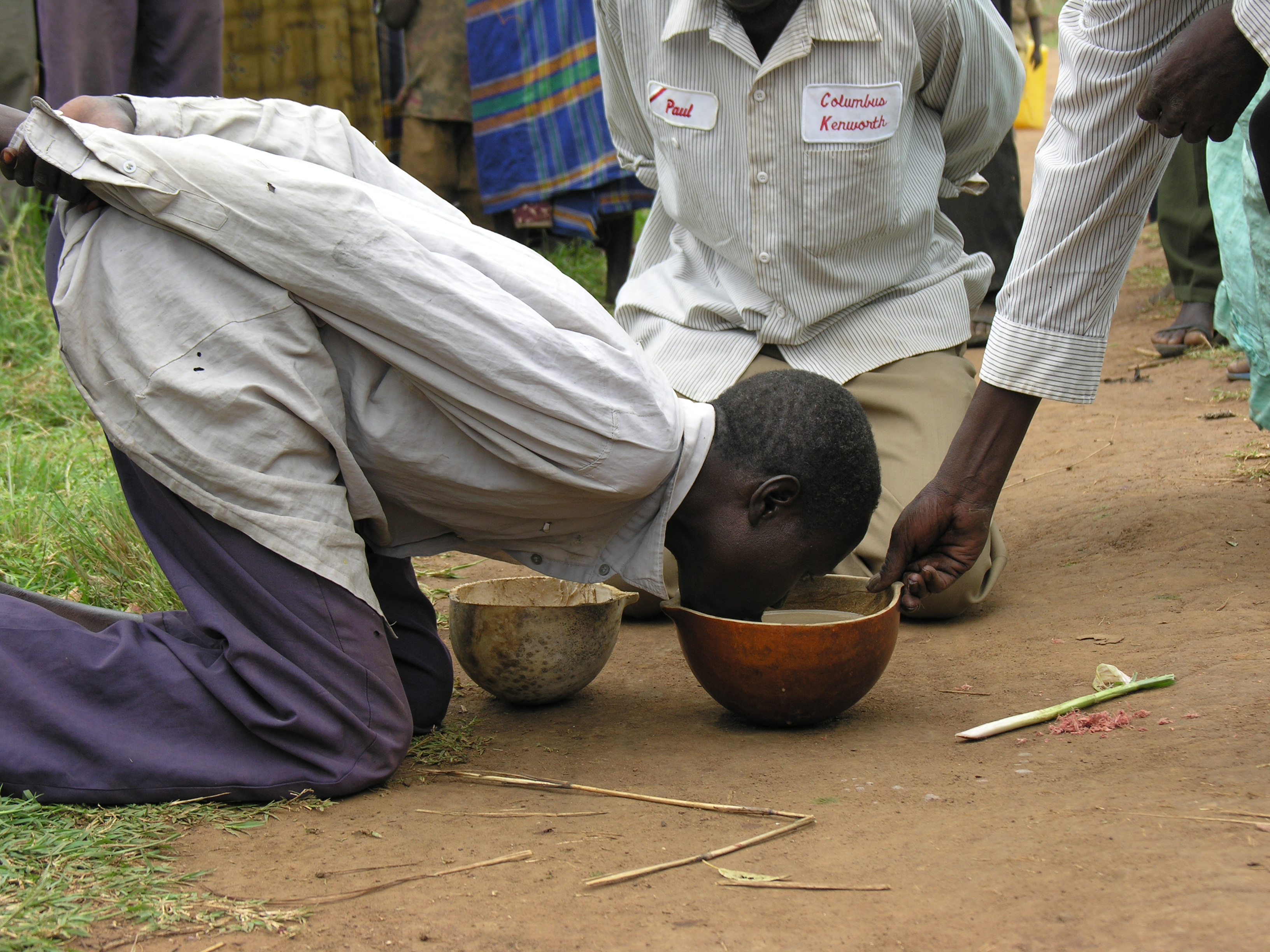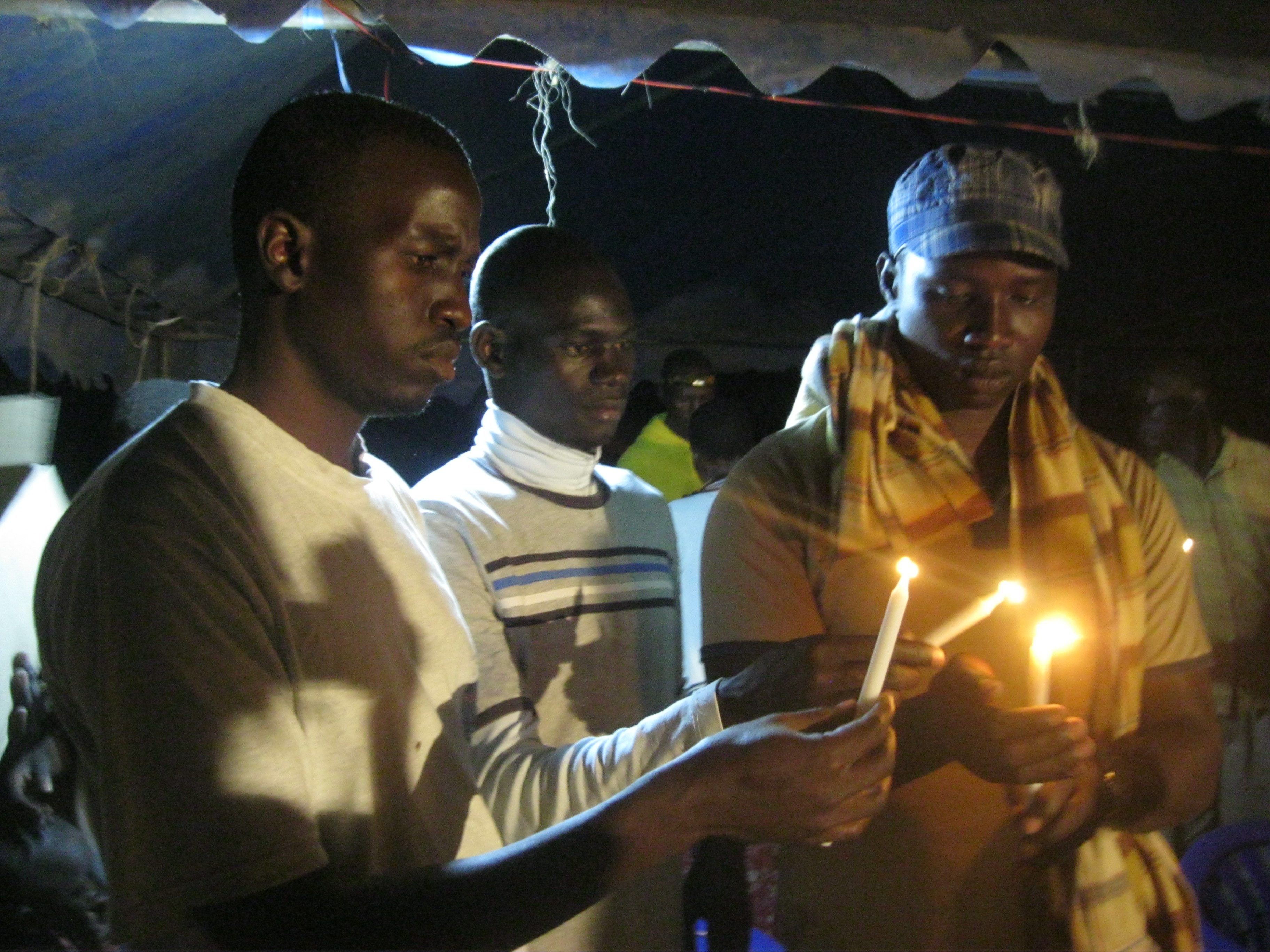Today and tomorrow the United Nations in Uganda and Gulu University are holding a conference titled, “Perceptions of Peacebuilding in Northern Uganda,” to “contribute to opening up the discussion on peacebuilding and conflict drivers in northern Uganda to a wide range of actors involved in the recovery of the region, enhance evidence-based programming and to support capacity building of a fast-growing academic institution.”
JRP’s Kate Lonergan and Ketty Anyeko will present a paper on women and youth and traditional justice during a session on “Peacebuilding: Shifting from the State to the Individual.” We’ve posted the abstract below for more information. The paper is based on preliminary findings of a larger study to be released later in the year.
“Gender and Generation in Acholi Traditional Justice Mechanisms”- ABSTRACT
By Kate Lonergan and Ketty Anyeko
Throughout the LRA conflict, women and youth faced grave atrocities such as gender-based violence, forced marriage and disruption of education and economic opportunities. These women and youth risk being omitted from justice and peace debates in Uganda if their unique experiences and reintegration challenges are overlooked. Acholi traditional justice mechanisms, especially mato oput and nyono tongweno, are often promoted as a locally appropriate approach to address these issues in northern Uganda. Despite this, little has been documented about the attitudes of women and youth towards traditional approaches and their impacts on their overall wellbeing. This paper explores whether current uses of traditional mechanisms sufficiently address the unique justice, reintegration and reconciliation needs of women and youth. Using preliminary findings of an ongoing study, the paper discusses opinions gathered from focus group discussions and individual interviews with war-affected women and youth throughout Acholi sub-region. This paper presents feedback from women and youth on the relevancy of traditional justice mechanisms for justice and healing from grave atrocities. It also discusses their current role in the decision-making and negotiation process of traditional justice mechanisms, and whether that role sufficiently represents their needs and opinions in the healing process. This presentation interns to spur discussion around these questions, with a specific focus on how to better engage women and youth in traditional reconciliation mechanisms. Feedback from fellow practitioners will hopefully inform both the future direction of the research project and the role of women and youth in the larger transitional justice policy debates in Uganda.





